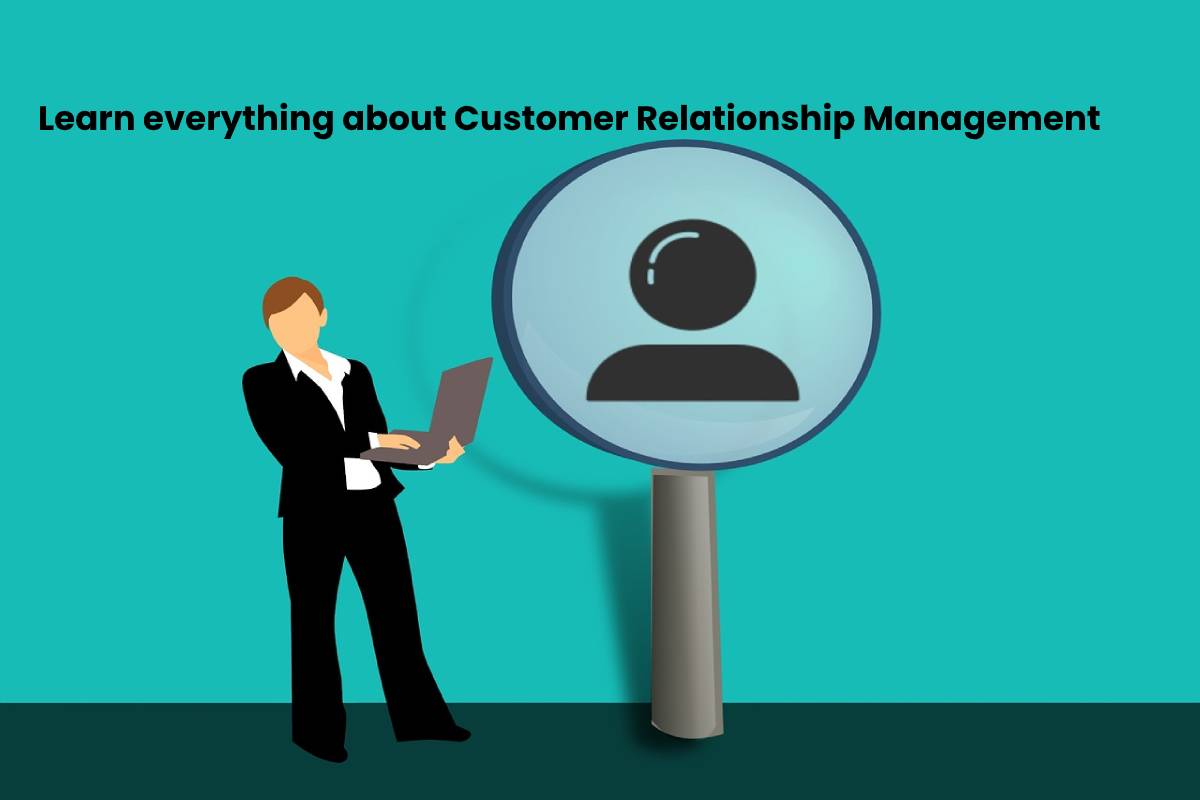To start: what is CRM? CRM is the acronym for Customer Relationship Management and refers to the set of practices, business strategies, and technologies focused on the relationship with the customer.
Work Management Solutions help asset-intensive businesses achieve economic and sustainable improvements, which represent tangible value.
Table of Contents
Learn all about Customer Relationship Management.
Customer Relationship Management goes beyond a platform or software. It is the entire process used by startups, and small and large companies to manage and analyze interactions with customers, anticipate needs and wishes, optimize profitability, increase sales and personalize new customer acquisition campaigns.
To help you understand more about the customer relationship and what it means for your company, we prepared a comprehensive manual. Read on and find out everything about CRM:
CRM: Definition and Concepts – Customer Relationship Management
We already know that CRM is the acronym used for “Customer Relationship Management.” It is a 360º management of sales, marketing, customer service, and all points of contact.
We are in the age of the customer, of digital transformation, of new technologies. As the relationship evolves, it is leads to a new concept known as the customer experience. The idea of CRM means being customer-centric. It is a strategy, process, a tool and technology.
CRM platforms are on the list of the most essential and innovative corporate technologies available for companies. Why? They use customer information to manage accounts, leads, and sales opportunities in a single location.
What does CRM do?
The CRM stores information on current and potential clients – name, address, telephone number, etc. – and their activities and points of contact with the company, including site visits, telephone calls, e-mails, among other interactions.
The platform is not just an elaborate contact list. It gathers and integrates valuable data to prepare and update your teams with personal customer information, history, and shopping preferences.
Why is CRM essential, and what are its benefits?
A CRM helps your company dispense with outdated processes and manual effort so your business can move forward. The platform organizes accounts and contacts in an accessible way, in real-time, speeding up and simplifying the sales process.
moreover you will not stuck in reminders on yellow sticky notes you easily pass leads to your sales team. Each team member is always working with up-to-date information about customers and their interactions with the company.
Types of CRM
In terms of types of CRM, there are two paths that companies can follow. Depending on their needs and budget: Cloud CRM and Local CRM.
Local CRM
Local CRM or On-Premise CRM, is the type of CRM that works on a physical server and requires its own IT team. It is necessary to install the CRM software on the server.
CRM in the Cloud – Customer Relationship Management
CRM in the Cloud, or CRM Cloud, is based on cloud computing. We can say that it is an online CRM not installed on a computer. It does not require your company to have a dedicated IT team to maintain the solution.



